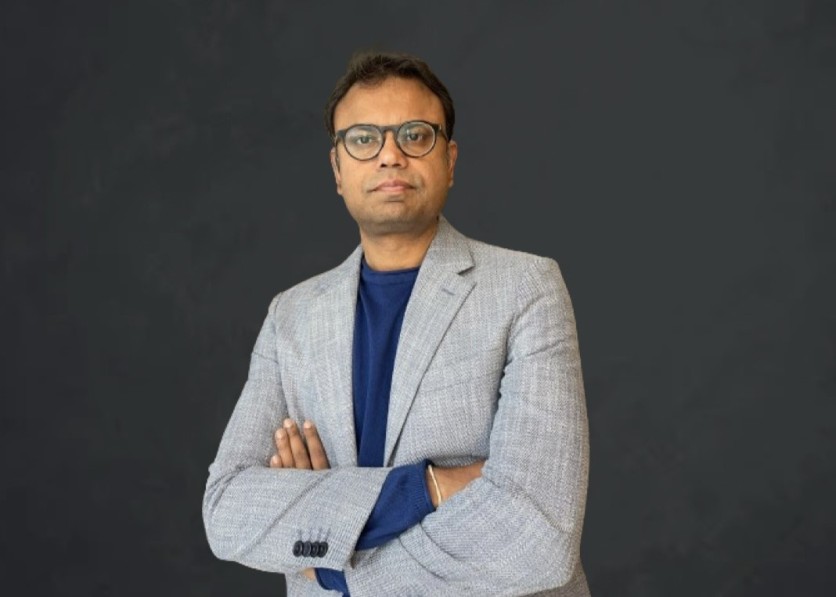
For Arunava Sen, a network must connect and understand a world increasingly defined by digital interactions. It must evolve from a mere conduit to an intelligent entity that adapts to each user's needs, providing security, scalability, and seamless integration across platforms.
As Tata Communication's Director of Solutions Engineering, Arunava Sen's work in persona-based networking is set to transform the future of open networks. His approach, which integrates elements of artificial intelligence (AI), cloud-native technologies, and blockchain, aims to change how networks interact with the myriad of devices and users they connect.
Persona-Based Networking
The concept of persona-based networking represents a notable shift in how networks are designed and managed. This approach involves customizing network resources and configurations based on individual users' or devices' specific needs and behaviors, ensuring optimal performance, enhanced security, and a seamless experience.
Arunava Sen wants to extend beyond traditional network structures and seek to create intelligent networks that are both adaptive and personalized to meet the diverse demands of modern digital environments. With the number of connected devices projected to exceed 125 billion by 2030, his work on persona-based networking becomes a crucial development for managing this complexity.
"The traditional approach to networking is becoming obsolete," he explains. "As we move toward a world dominated by IoT, AI, and multi-cloud environments, networks must become more than just pipelines for data. They must be adaptive, intelligent, and capable of understanding the unique needs of each user and device."
Blockchain and the Future of Identity Management
An essential component of Arunava Sen's work is integrating blockchain technology into network identity management. In a digital environment where identity is increasingly vital, ensuring secure and scalable identity management systems has become a critical concern for organizations worldwide.
The decentralized and immutable nature of blockchain offers a promising solution to the vulnerabilities inherent in traditional identity management systems. Using blockchain, he gives users greater control over their digital identities, reduces the risk of identity theft, and enhances the security of online transactions.
"Blockchain can revolutionize how we manage identities," he says. "By providing a secure, decentralized platform for identity verification, we can protect users and streamline processes across various industries. This is not just about security; it's about building trust in the digital age."
A Balanced Perspective
Despite the immense promise of persona-based networking and blockchain, these technologies are not without challenges. Critics point out that the widespread adoption of these new technologies may encounter immense hurdles, particularly in regulatory compliance and the technical complexities involved in implementation.
Critics caution against over-reliance on new technologies without thorough vetting. They believe that blockchain does offer advantages but should be seen as something other than a silver bullet. They are also concerned that the regulatory environment is still catching up with these innovations, which could slow their adoption.
Arunava Sen answers these with optimism, "Every new technology faces skepticism and blockers during its early stages. However, the key is approaching these challenges with a clear strategy and a commitment to continuous improvement."
He adds, "By working closely with regulators and industry stakeholders, we can address these concerns and ensure that the benefits of these technologies are fully realized."
Plans for the Future
Arunava Sen's ongoing initiatives, which include exploring blockchain applications and further developing persona-based networking, are expected to widen the scope of what is achievable in the IT/Telecom field. He will continue to focus on large-scale deployments, evaluating the feasibility of these technologies in different environments.
"We are at an important moment in the history of telecommunications," Arunava Sen remarks. "Our decisions today will determine the industry's trajectory for decades. My goal is to ensure that we build networks that are also adaptable and resilient enough to handle tomorrow's challenges."




